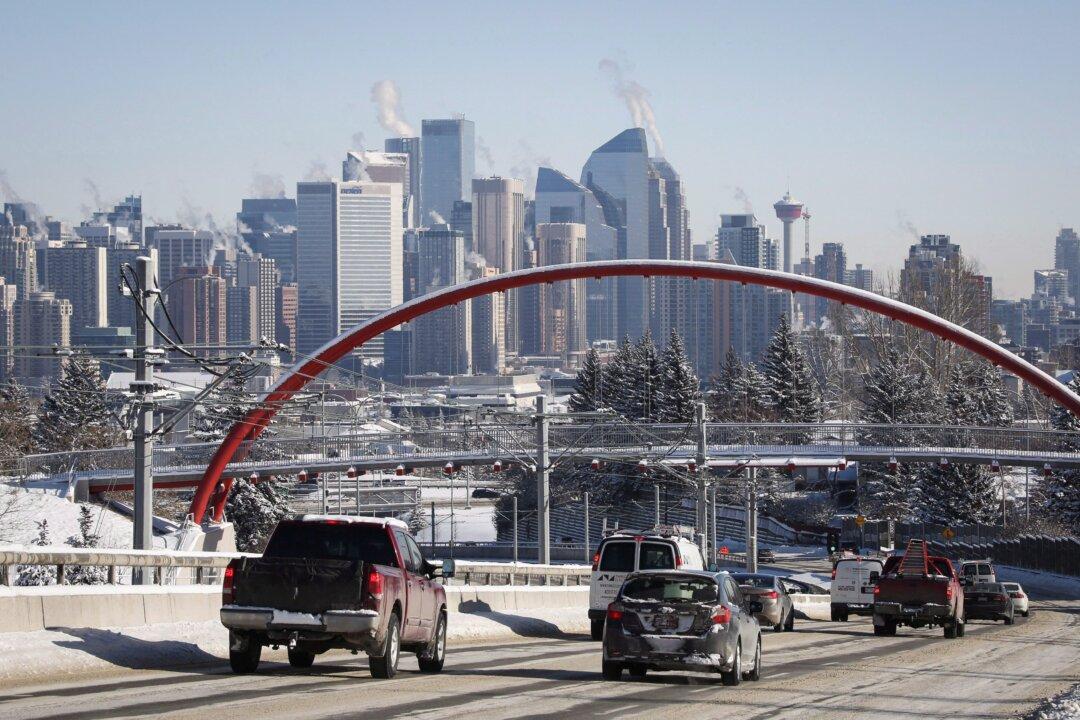Greenhouse gas (GHG) emissions on a national level have increased, despite the federal government’s carbon tax, according to government data.
Environment Canada, in a National Inventory Report statement, said “emissions increased by 12 million tonnes,” which, according to Blacklock’s Reporter, contradicts Environment Minister Steven Guilbealt’s claim that “our plan is working.”





